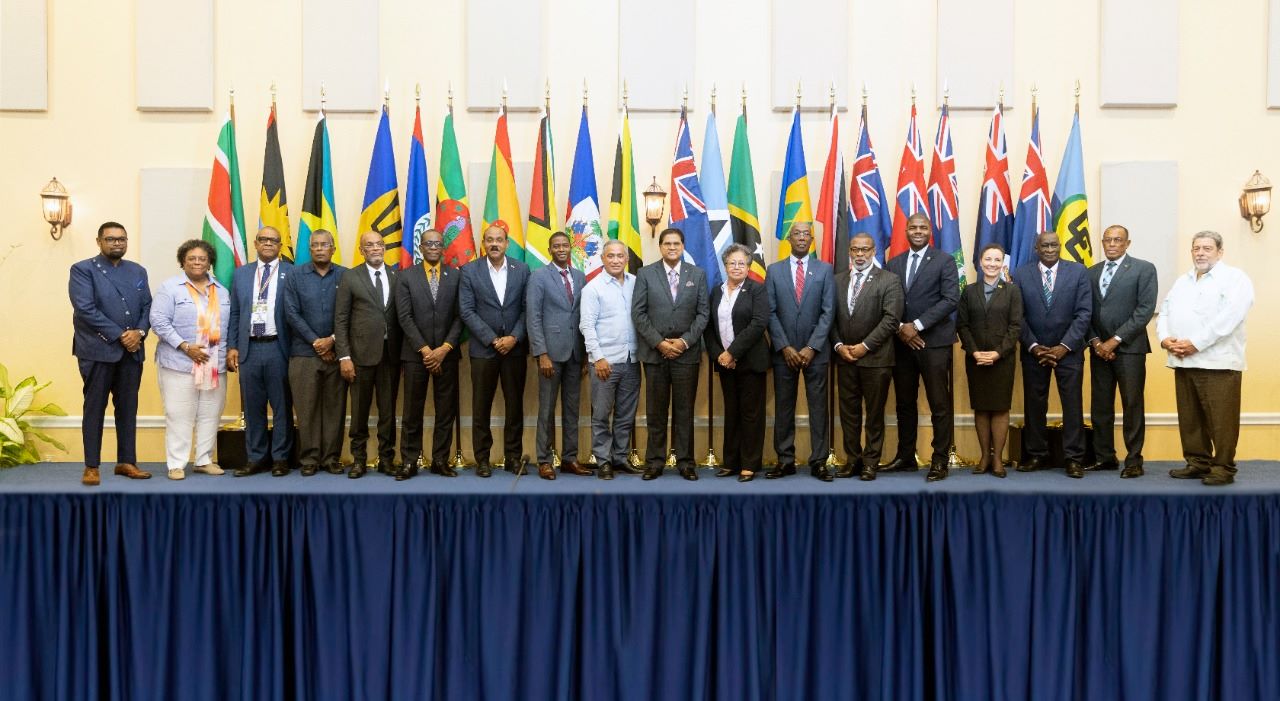
The Samoa Agreement, a trade and aid arrangement between Europe and its former colonies in Africa, the Caribbean, and the Pacific, has created a split among Caribbean countries. While some nations, including St Vincent and the Grenadines and Barbados, have signed the agreement, others like Trinidad and Tobago, Antigua, St. Lucia, The Bahamas, and Grenada have not. Grenada, in particular, has expressed reluctance, emphasizing the preservation of national sovereignty and values.
Roman Catholic Archbishop of Port of Spain, Jason Gordon, has criticized the agreement, suggesting it could impose controversial values and legislation, such as abortion and LGBTQ rights, on signatory countries. These concerns echo a broader fear that the agreement might conflict with traditional Caribbean cultural and moral values.
In contrast, Prime Minister Ralph Gonsalves of St Vincent and the Grenadines has downplayed these fears, asserting that the agreement is comprehensive and does not necessitate changing existing laws on moral and social issues. Dominica’s Prime Minister Roosevelt Skerrit echoed this sentiment, describing the agreement as a beneficial framework without specific impositions on national policies.
Jamaica, initially hesitant, has now expressed readiness to join the agreement, with Foreign Affairs Minister Kamina Jonson Smith assuring that it does not compel changes to the nation’s laws. She emphasized the government’s commitment to protecting national laws and values while engaging in developmental agreements.
This divide highlights varying national perspectives on balancing international agreements with local cultural and legal norms. The Samoa Agreement’s impact on Caribbean nations remains a subject of debate, especially as the deadline for signing approaches, influencing access to loans from the European Investment Bank.



 and then
and then